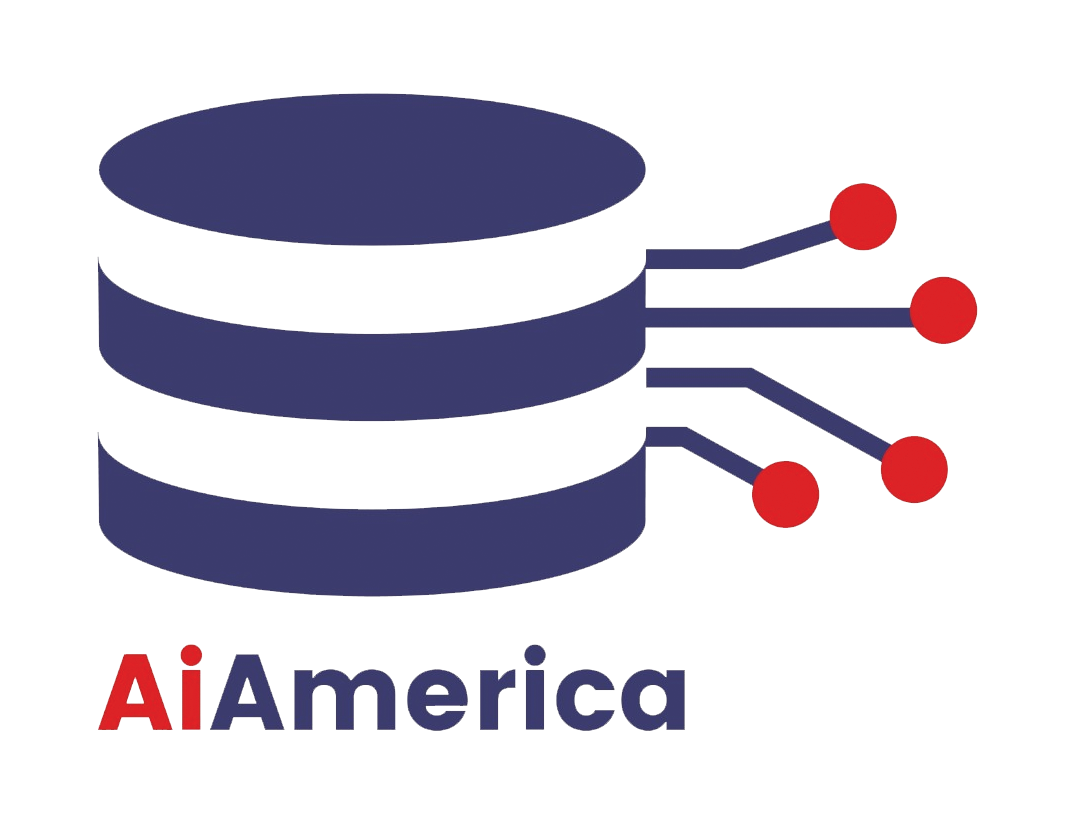
Agentic AI is poised to become a transformative force across global industries by 2028. Autonomous, intelligent agents capable of independent decision-making and adaptive workflow orchestration are reshaping everything from customer service to supply chains, financial services, healthcare, and beyond.
This article explores market trends, future predictions, and sector-specific impacts highlighting agentic AI’s growing role in enterprise automation and innovation.
Explosive Market Growth
The agentic AI market is expected to grow from around $7 billion in 2025 to over $90 billion by 2032, with a compound annual growth rate (CAGR) north of 40%. This rapid expansion is fueled by convergence of large language models, cloud infrastructure, orchestration frameworks, and enterprise demand for hyper-automation.
North America and Asia Pacific lead adoption, driven by investments from hyperscalers and national AI strategies. Asia Pacific especially sees fast growth due to localized innovation, expansions in public sector AI, and government incentives.
Increasing Agentic AI Penetration
By 2028, Gartner projects that agentic AI will be integrated into 33% of all enterprise software applications, powering automated workflows across departments and functions. It is further predicted that 80% of customer service interactions globally will be managed autonomously by AI agents, delivering personalized and proactive support while reducing costs by up to 30%.
Over 15% of routine work decisions will be autonomously executed by agentic AI, shifting the workforce landscape and organizational processes significantly.
Industry-Wise Transformative Impact
Financial Services
Banks and insurers adopt agentic AI for real-time underwriting, fraud prevention, dynamic risk scoring, and compliance automation, improving throughput and accuracy in complex regulatory environments.
Healthcare
Agentic AI accelerates patient scheduling, diagnostics, billing, and personalized treatment plans, augmenting clinical decision-making while optimizing operations.
Retail and E-Commerce
Autonomous agents manage inventory, personalize marketing campaigns, optimize pricing dynamically, and coordinate order fulfillment, elevating customer experiences and operational margins.
Manufacturing and Supply Chain
Agentic AI orchestrates predictive maintenance, supply chain risk mitigation, adaptive production planning, and real-time logistics optimization, driving resilience and cost efficiency.
Professional Services
Legal research, audit support, contract analysis, and knowledge management tasks benefit from autonomous agents, enhancing productivity and decreasing turnaround times.
Emerging Role of SaaS-Based Agentic AI
Agentic AI delivered as a SaaS offering accelerates deployment, allowing businesses to embed autonomous intelligence into legacy systems without heavy upfront investments. SaaS platforms enhance accessibility and scalability while providing features such as explainability, guardrails, and compliance support.
Challenges to Navigate
Despite growth, challenges remain, including:
- Addressing ethical concerns and ensuring AI transparency
- Building trust among users and stakeholders
- Managing security risks inherent in autonomous decision-making
- Bridging talent gaps for development and governance
Conclusion
Agentic AI represents a fundamental shift in enterprise automation and intelligence. Its deep integration into applications is ushering in an era of smarter, autonomous, and adaptive workflows with measurable impacts on productivity, cost reduction, and customer satisfaction.
AI America will continue to deliver insights, case studies, and guidance as agentic AI drives digital transformation across industries through 2028 and beyond









